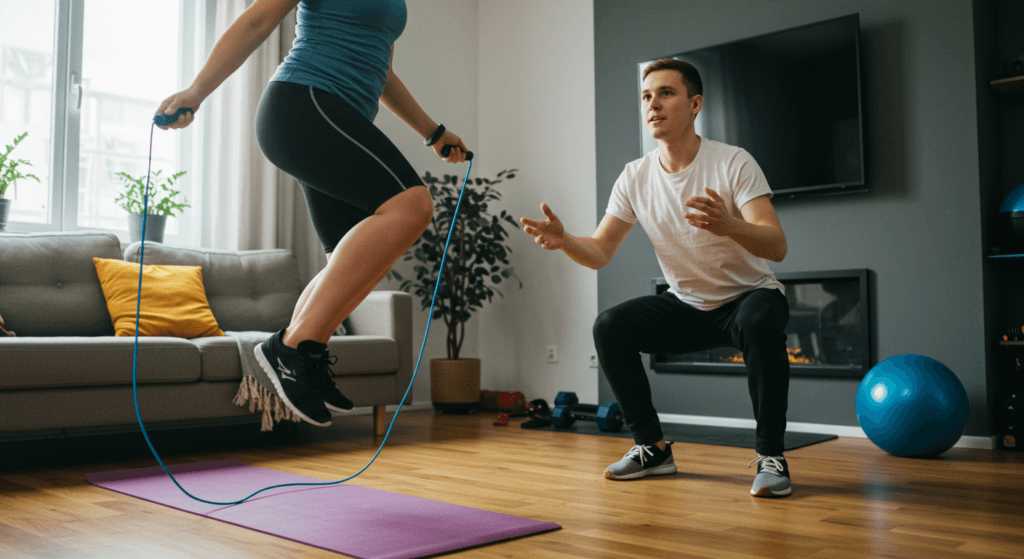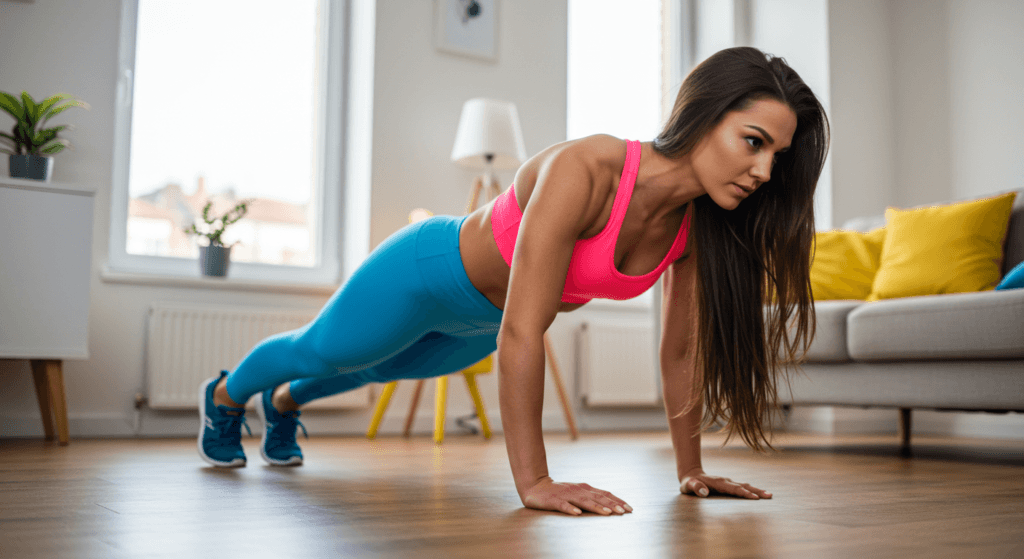Why Walking 20 Minutes a Day Changes Everything

Ever feel like “exercise” is just a fancy word for “ugh”? Same. But here’s the kicker: you don’t need gyms or protein shakes to get healthier. Just 20 minutes of walking a day. Yep, the same 20 minutes you spend scrolling cat memes. We’ll show you how this tiny habit can boost your mood, energy, and even brainpower.
Spoiler: Your future self will high-five you. So, what’s the deal? Walking for 20 minutes a day is a no-brainer. It’s free, easy, and doesn’t require any special equipment. Plus, the benefits are legit life-changing. Let’s break it down.
Walking Boosts Your Mood (Like, Instantly)
We’ve all been there—stuck in a funk, feeling blah, and not sure how to snap out of it. Here’s the thing: walking is a natural mood lifter. When you walk, your brain releases endorphins, those feel-good chemicals that make you go, “Ah, life’s not so bad after all.”
How It Works:
- Endorphins: These little guys are like your brain’s happy pills.
- Stress Relief: Walking helps lower cortisol, the stress hormone. Imagine it as a quick therapy session.
- Sunshine Bonus: If you walk outside, you get vitamin D, which is basically nature’s antidepressant.
Pro Tip: Feeling overwhelmed? Take a 20-minute walk. It’s like rebooting your brain.
Walking 20 Minutes Gives You More Energy (No Coffee Needed)
Wait, what? How can walking give you energy when it’s technically using energy? Here’s the kicker: walking gets your blood flowing, which delivers oxygen and nutrients to your muscles and brain. It’s like easing your body into wake-up mode.
Why It Works:
- Enhanced Circulation: Increased blood flow boosts your energy levels.
- Improved Sleep: Walking helps regulate your sleep cycle, so you wake up feeling refreshed.
- Sharpens Your Mind: A short walk can cut through brain fog and boost focus.
Example: Think of your body like a car. Walking is the tune-up that keeps it running smoothly.
Walking Is a Game-Changer for Your Health
Here’s where it gets really good. Walking for just 20 minutes a day can seriously improve your physical health. We’re talking about benefits like:
- Heart Health: Walking lowers your risk of heart disease by improving cholesterol levels and blood pressure.
- Weight Management: It burns calories and boosts your metabolism.
- Stronger Muscles and Bones: Walking is a low-impact way to build strength and prevent osteoporosis.
Fun Fact: According to the CDC, regular walking can reduce your risk of chronic diseases like diabetes and stroke.
Walking 20 Minutes Makes You Smarter (Yes, Really)
But wait, there’s more! Walking isn’t just good for your body—it’s a brain booster, too. Studies show that walking improves memory, creativity, and problem-solving skills.
How It Helps:
- Brainpower: Walking increases blood flow to the brain, which helps it function better.
- Creativity: Ever notice how your best ideas come when you’re walking? That’s not a coincidence.
- Boosts Brain Health: Walking regularly can help slow cognitive decline as you age.
Pro Tip: Stuck on a problem? Take a walk. Your brain will thank you.
Walking Fits Into Your Busy Life
Here’s the thing: we all have 20 minutes. You can walk during your lunch break, after dinner, or even while catching up on your favorite podcast. It’s the ultimate multitasking activity.
Easy Ways to Fit It In:
- Move and Chat: Take your calls while walking.
- Park Farther Away: Those extra steps add up.
- Family Time: Turn it into a family or dog-walking routine.
Example: Swap 20 minutes of scrolling for 20 minutes of walking. Your body and mind will feel the difference.
FAQs
1. Do I need to walk fast to see benefits?
Nope! A leisurely stroll still counts. The key is consistency. According to the Mayo Clinic, even a moderate pace can improve cardiovascular health and mood.
2. Can I break it into smaller chunks?
Absolutely! Two 10-minute walks work just as well. The American Heart Association says shorter bouts of activity can still add up to big benefits.
3. What if the weather’s bad?
Try walking indoors—mall walking is a thing for a reason. Or, invest in a treadmill if you’re serious about staying consistent.
4. Do I need special shoes?
Not really. Just wear something comfortable that supports your feet. However, if you plan to walk regularly, investing in good walking shoes can prevent discomfort.
5. Will walking help me lose weight?
It can! Combine it with a nutritious diet for optimal results. Harvard Health notes that walking burns calories and can contribute to weight loss over time.
6. How does walking compare to running?
Walking is gentler on your joints but still offers many of the same benefits, like improved heart health and mood. Running burns more calories, but walking is more sustainable for most people.
7. Can walking 20 improve my sleep?
Yes! Walking helps balance your circadian rhythm, making it easier to fall and stay asleep. A study published in Sleep Medicine found that regular walkers reported better sleep quality.
8. Is walking enough exercise, or do I need to do more?
Walking is a great start, but for optimal health, consider adding strength training a few times a week. The CDC recommends at least 150 minutes of moderate aerobic activity (like walking) per week.
9. When’s the best time to go for a walk?
Whenever works for you! Morning walks can boost your energy, while evening walks can help you unwind. The key is to pick a time you can stick to consistently.
10. Can walking 20 minutes help with mental health issues like anxiety or depression?
Absolutely. Walking has been shown to reduce symptoms of anxiety and depression by releasing endorphins and reducing stress hormones. A study in JAMA Psychiatry found that even low-intensity exercise like walking can have a significant impact on mental health.
Takeaway
Walking for 20 minutes a day is a total game-changer. It boosts your mood, energy, health, and brainpower—all without breaking a sweat. Plus, it’s easy to fit into your daily routine.
So, what are you waiting for? Lace up those sneakers and take the first step. Your future self will thank you.
If you found this article useful, share it with a friend and subscribe to our free newsletter at the bottom of the page so that I can send you more practical exercise tips.


